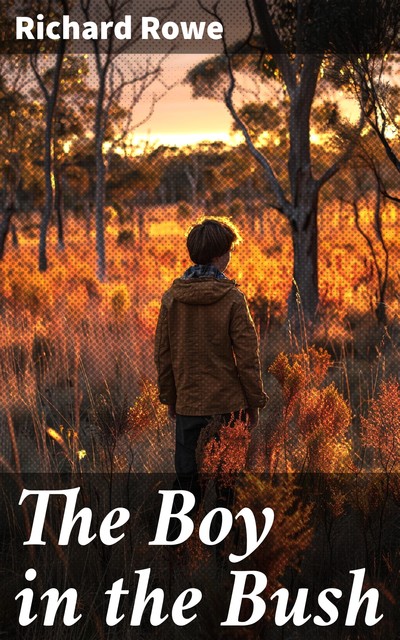In “The Boy in the Bush,” Richard Rowe intricately weaves a rich narrative that explores the themes of identity, belonging, and the tumultuous passage into adulthood set against the backdrop of a rural landscape. The book is characterized by its vivid prose and lyrical style, which immerses the reader in the protagonist's yearning for connection with both nature and community. Rowe'Äôs vivid descriptions and extensive character development allow for a deep emotional resonance as he captures the struggles of a young boy grappling with the complexities of life in a seemingly idyllic yet isolating environment. Richard Rowe, a noted author with a keen interest in the intersection of nature and human experience, draws upon his own childhood experiences in the wilds of the countryside to inform his storytelling. His academic background in environmental studies enhances the depth of the novel, allowing readers to discern the intricate relationship between the characters and their natural surroundings. Rowe'Äôs previous works have often reflected his passion for exploring the rites of passage, making this novel a poignant addition to his oeuvre. This remarkable work is highly recommended for readers who appreciate literary fiction that delves into the intricacies of youth and the human condition. “The Boy in the Bush” is not just a coming-of-age story; it is a reflection on how our environments shape who we become. With its compelling narrative and profound insights, it promises an unforgettable reading experience that lingers long after the final page.

